Human health. Food sovereignty. Soil regeneration. Water conservation. Animal welfare. These are just some of the goals shared by the members of the Ecological Farmers Association of Ontario (EFAO), a nonprofit that supports and promotes Ontario’s vibrant community of ecological farmers.
Another equally important EFAO goal is the financial well-being of the farmers themselves.
Rebecca Ivanoff and Nicola Inglefield in their pepper patch. Rebecca, along with four other growers in Ontario, is part of the Southern Ontario Pepper Breeding Project. Rebecca and Nicola conducted a trial in 2017 comparing two methods for cabbage seed production. Both projects are in cooperation with EFAO’s Farmer-led Research Program.
“Farming is a high-stakes profession that is often intimately connected to family history, land legacy, environmental stewardship and growing healthful food for our communities,” says Sarah Hargreaves, EFAO’s director of research. “All of these pieces come together to create very powerful personal stories around why we farm.”
These stories offer “living proof” that ecological agriculture is an important part of the solution to mitigating climate change while producing plentiful, nutrient-dense food.
Why farmers’ stories matter
Farmers’ most trusted source of information is other farmers—and by sharing their stories, farmers help support and inspire one another. What’s more, EFAO farmers’ stories provide powerful advocacy and “help people understand that agriculture can have a positive impact on the environment while feeding the world,” says Sarah.
Stories also provide practical support for innovation—whether a new cover crop mix or an inventive electrical fencing set-up—which is so essential to successful ecological farming. On a personal level, stories help farmers connect.
“Farming is a notoriously isolating profession with high rates of depression,” says Sarah. “By sharing stories, ecological farmers provide emotional support to one another.” Stories also give farmers the courage to step out of their comfort zones. They communicate, “Hey, you aren’t alone in this, you aren’t crazy for doing this, and yes, it’s hard, but the rewards are worth it. So are the benefits.”
Those benefits expand exponentially as EFAO members become better equipped to not just tell their stories, but to advocate for the ecological farming practices they believe in.
Credibility matters, too
Farmers who conduct research also need stories to share their evidenced-based findings, bring credibility to their work and achieve their main advocacy goal of demonstrating that ecological farming is both possible and profitable.
“There is not much research on ecological agriculture happening at academic institutions,” says Sarah. “And given the lack of extension services here in Canada specifically, farmers are left with little, if any, unbiased information to inform their decision-making around ecological practices.” Instead, farmers must rely on one another for best practices, new techniques and marketing support. They must also work together to achieve their advocacy goals.
Spreading the word, amplifying the advocacy
While farmers spend most of their time working their land, their stories travel far and wide: you’ll find them being shared in newspaper articles and on grocery store shelves, at co-op meetings and in company boardrooms, on billboards and at neighborhood gatherings. Together, these stories form a powerful narrative that showcases a healthier future in which people are more connected to both the land and one another.
“Ecological farmers tell so many wonderful, sincere stories, stories of their love of the land, the work, the food and the animals,” says Sarah. And there are more stories to be shared, which is why the EFAO offered Telling Your Stories to Make a Difference, a Living Proof Advocacy (LPA) webinar.
Taught by LPA co-founder and senior coach John Capecci, the two-part webinar aimed at helping farmers gain clarity and confidence in their storytelling and become stronger, more confident advocates for ecological farming by targeting their stories to specific audiences.
The webinar was part of EFAO’s ramp-up to the their Annual EFAO Conference, held in London, Ontario.
Bev Bachel is a freelance writer who advocates for teens, people 50+ and her Minneapolis neighborhood. She’s also the author of What Do You Really Want? How to Set a Goal and Go for It!













